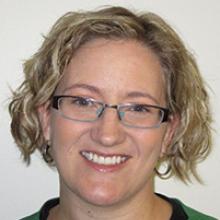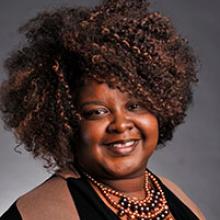Build Belonging: Diversify the Educator Workforce | GTL Center
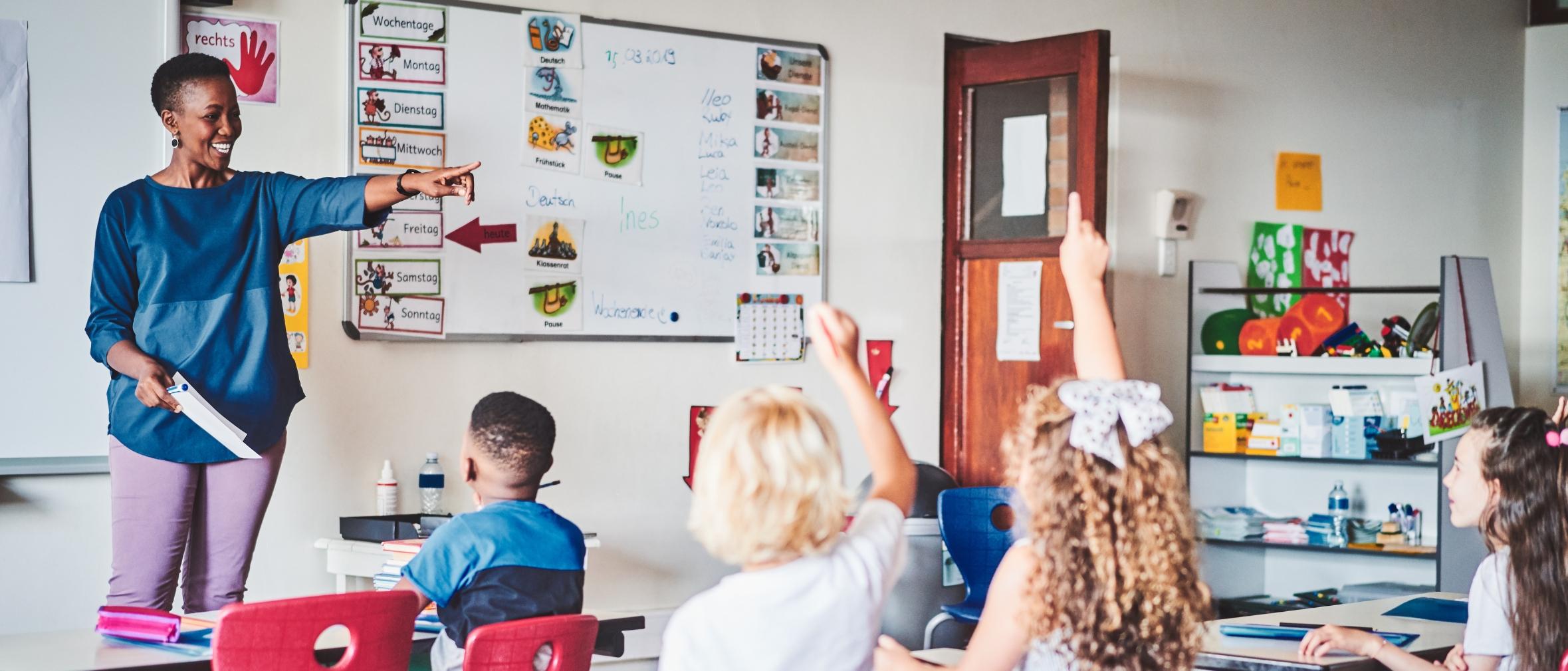
An Effective Educator Workforce is a Diverse Educator Workforce
Research is clear that outcomes for all students improve when teachers reflect the diversity of the student body.
A diverse educator workforce improves academic achievement, graduation rates, college enrollment, and other measures of success for all students, particularly for racially marginalized and minoritized students.
Diversifying the educator workforce is an important strategy for ensuring that all students have access to effective instruction.
We offer easy-to-use, practitioner-friendly data tools and a field-tested process to support states, preparation programs, and districts. Our technical assistance efforts help clients to ultimately create a stronger sense of belonging for educators and to help ensure a diverse, effective educator workforce for the students who need it most.
Top Resources

Prioritizing an Integrated Approach to Educator Shortages and Workforce Diversity (Briefs, September 2023)
Co-authored with the Center for Black Educator Development, our two briefs highlight three critical realities in education that create the foundation for educator shortages and diversity gaps while offering innovative strategies and examples of integrated educator shortage and diversity efforts across the talent development continuum.

Insights on Diversifying the Educator Workforce: A Data Tool for Practitioners (2019)
A free, user-friendly, Excel-based tool, this resource is the foundation for a data-driven process to help users identify and visualize the development of educator diversity gaps across the entire career continuum. State, district, school, and preparation program leaders can use the tool to ground a deeper, data-rich conversation with planning teams and stakeholders, including through a geographic information systems (GIS) component to support place-based analysis.
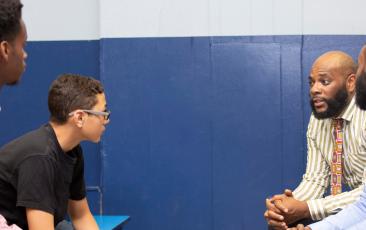
Beyond Selection and Hiring: Diversifying the Educator Workforce by Eliminating Barriers and Creating Pathways Throughout the Pipeline (July 2021)
In this three-part webinar series, discover free, user-friendly tools and GIS mapping to confront systemic inequities across the educator career continuum and change our systems—not just to recruit more teachers of color, but also to dismantle the inequitable and exclusionary practices that push teachers of color out of classrooms in the first place.
- Part 1: Eliminating Barriers and Creating Pathways
- Part 2: Tools and Experiences from the Field
- Part 3: Mapping the Educator Workforce Pipeline
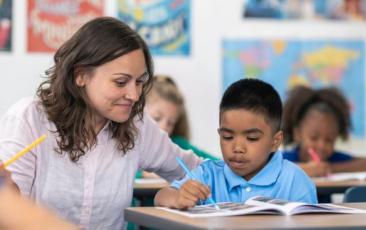
A Leadership-Level Culture Cycle Intervention Changes Teachers' Culturally Inclusive Beliefs and Practices (Article, June 2024)
Practitioners working to advance educational equity increasingly understand that culturally inclusive practices are essential in creating environments where diverse students experience belonging and success. A new study demonstrates one way these achievement gaps may be mitigated by creating school cultures that are inclusive of interdependence. Findings from a research-practice partnership illustrate that a school leadership intervention can enhance teachers’ use of culturally inclusive teaching practices and improve student outcomes.
Featured Project
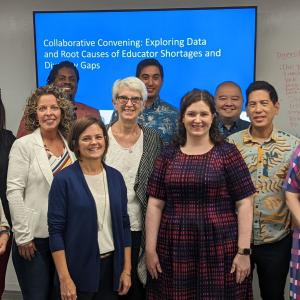
National Collaborative on Educator Workforce Shortages and Diversity
To support states in addressing urgent educator workforce challenges, in 2022, the Center engaged three state teams from Hawai'i, Ohio, and Louisiana to participate in a National Collaborative. This two-year, data-driven facilitated coaching process helped state teams understand the root causes of shortages and gaps in educator workforce diversity and find solutions that are equity-focused and built for sustainability.

Diversifying the Educator Workforce in Ohio
In collaboration with the Ohio Department of Education and the Great Lakes Comprehensive Center, AIR's Center on Great Teachers and Leaders (GTL Center) developed a four-step process with a suite of supporting tools and resources that allow states to create a locally driven, evidence-based action plan for improving the diversity of their educator workforce.

